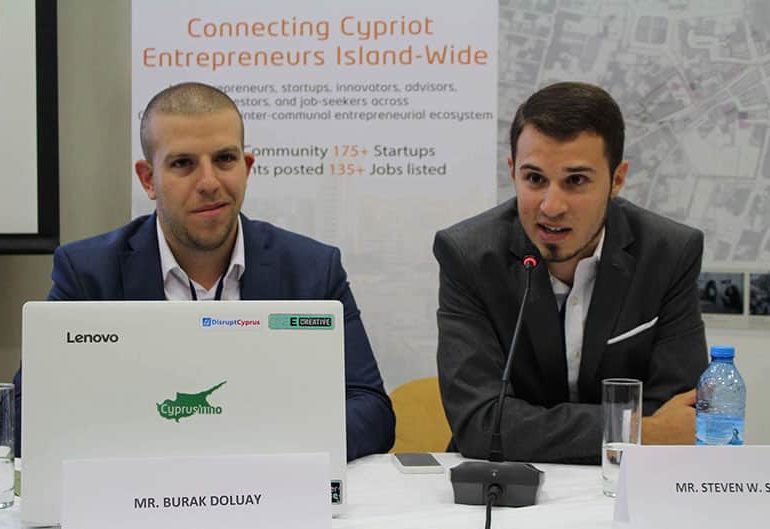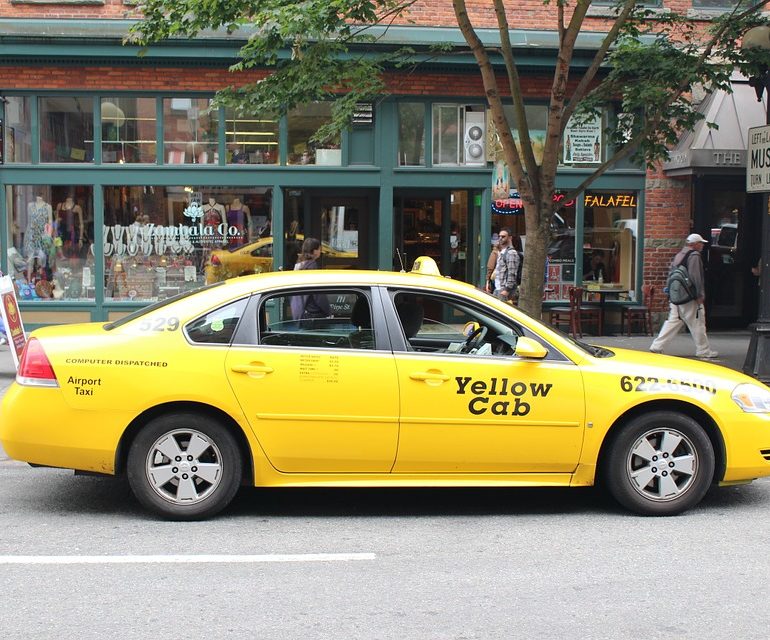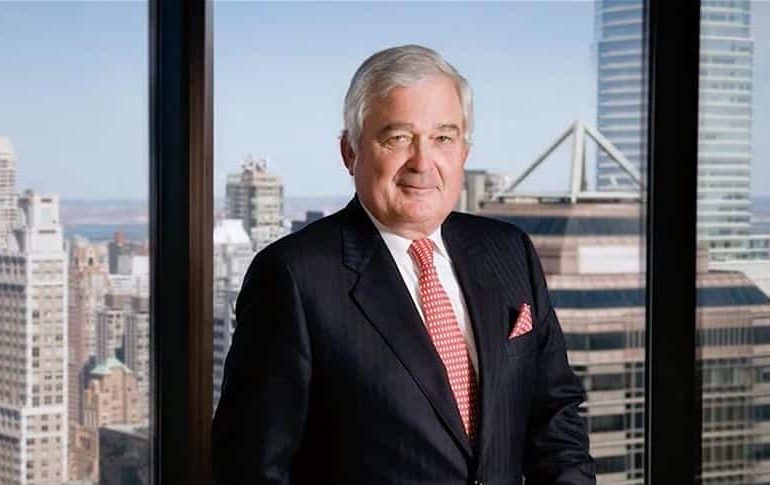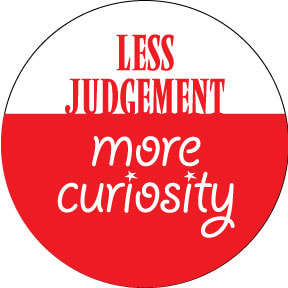|
What kind of innovation?
Imagine a horizontal line which I shall call the innovation continuum. On the far right side are the radical innovations which create entirely new businesses: the early search engines, tablets, smartphones, electronic books, social media …
0 Comments
The experience of change can be enriching, rewarding and beautiful as well as uncomfortable, costly and painful. I have been an evangelist of change in organisations for my whole working life and I have witnessed the pride and enthusiasm of new ideas going live and the bitterness and frustration of people who would prefer not to change.
How can innovation offer a path to peace?
This question was asked by two young entrepreneurs in Cyprus, Burak Doluay and Steven Stavrou, who created CyprusInno, a web-based platform offering Cypriot innovators and entrepreneurs the chance to connect. By Melissa Hekkers
The last time I spoke to Dimis Michaelides was almost three years ago. At the time, the multitalented business consultant was putting on a variety show entitled God, Sex, Revolution and You that attempted to blur the lines between social and sexual revolution through various artistic expressions. “The job your child will do doesn’t exist yet,” said the young principal from one of Singapore’s most prestigious private schools in a conference I attended ten years ago.
Ten years from now a good number of today’s jobs will not exist, a good number of entirely new jobs will be created and ALL jobs will change, many of them in significant ways. Consultants dealing with innovation and transformation like myself, enjoy the sensational appeal of such statements. Many of us are also aware of the practical, personal and social challenges that arise as we seek to get value from new technologies. Who are the most innovative companies? Apple, Microsoft, Amazon, Facebook, Google, Facebook, Alibaba, Tesla spring to mind. They created a new era of technology for mass markets. Uber, AirBnB and Netflix tout their new business models, also technology based. And there’s IBM, Samsung, Toyota, Philips, Adidas and Nestle, big old elephants. All these firms made the 2018 list of Boston Consulting Group’s most innovative companies.
We are creative when we imagine something new and make it happen. Thinking and action are both involved. The “new” need not be a huge breakthrough or a “first in the world”, it can be a simple improvement that adds a little value to our life. All people are creative, some more, others less. We choose to use and develop our creativity, or we lay it to rest.
Any new technology or know-how is only as good as the people who are using it and living with it. If innovation is the purposeful application of something new then by definition something, big or small, has to change. And every manager, entrepreneur or inventor knows very well that the biggest barriers to innovation are more often human than technical or physical.
This article is meant to be read on April 1st.Which is why it contains a lie.
Below is a list of ten thoughtful quotes on leadership, creativity and innovation. One of them is fake or misattributed. Which one? A working norm and a personal skill
Alex Osborn, the father of brainstorming, proposed a problem-solving methodology in which Divergent (creative) thinking is followed by Convergent (critical) thinking. He laid out four rules for divergent thinking: Suspend judgment, Generate lots of ideas, Go beyond reason, Build on existing ideas. |
LATEST POSTS
Archives
July 2021
|










